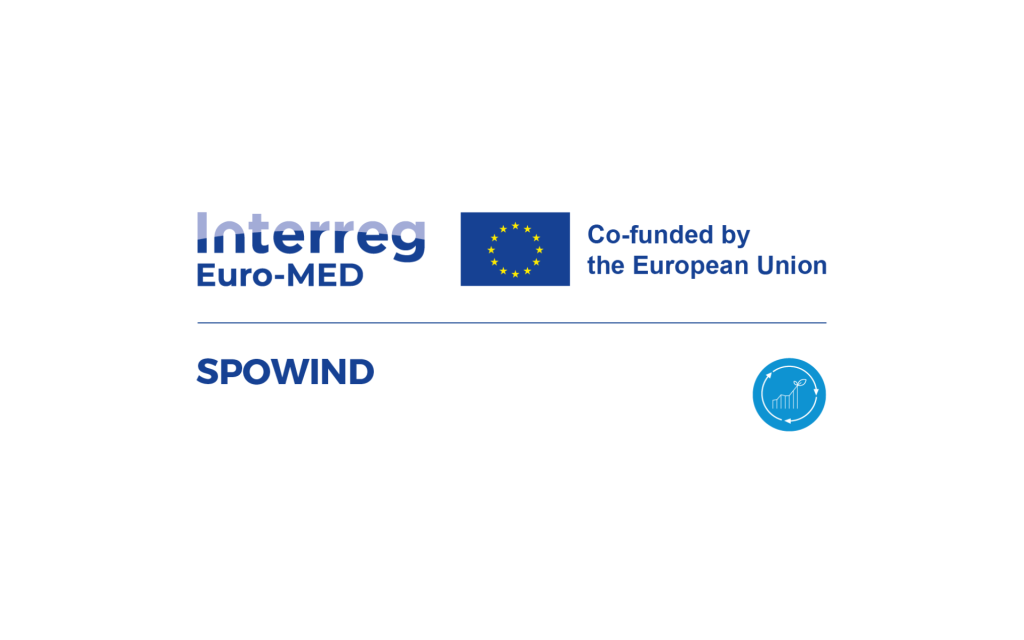Comprehensive surveillance of high-risk individuals and health integration for early detection of pancreatic cancer utilising innovative multiplex immunoassays The SHIELD project seeks to revolutionise early detection of pancreatic cancer, focusing on individuals with high heritable genetic risk. Pancreatic ductal adenocarcinoma (PDAC) has a 5-year survival rate of less than 10%, primarily due to late-stage diagnosis….
Category Archives: Partner
The LIFE LEG-UP project, led by Onesto, aims to address the critical need for affordable, energy-efficient housing for low-income buyers in Europe. The project unites international partners to develop an innovative financial model that combines mortgage financing with energy renovation services. By leveraging private capital and partnering with One-Stop Shops (OSS), the project provides holistic…
Systemic Solutions to Enhance Healthy and Sustainable Food Provision and Cooking at Home Healthy and sustainable food is often linked to cooking at home, yet not everyone finds this option appealing. In this context, the EU-funded DietWise project will streamline existing tools and applications to develop solutions that encourage healthy and sustainable food practices. Its…
Climate resilient Port Infrastructure CLARION gathers a strong multidisciplinary team of 21 partners with complementary research, technical and business profiles, including four ports with inland waterway connections, the top-3 in Europe, in terms of container throughput, namely Rotterdam, Antwerp/Brugge and Hamburg in the North Sea and Constantza, the largest European port in the Black Sea….
Climate Adaptation and Resilience Demonstrated In the MEDiterranean region CARDIMED, an acronym for Climate adaptation and resilience demonstrated In the Mediterranean region, aligns with the European Green Deal‘s core objective of the “twin digital and green transition.” Recognizing the challenges posed by the sensitive and biodiverse Mediterranean biogeographical region, the project aims to establish a…
Synergies aims to establish a reference Energy Data Space, fostering collaboration in the fragmented energy sector, which is increasingly complex due to the rise of distributed energy resources. By shifting from isolated data management to a more integrated approach, the initiative seeks to build a data-driven ecosystem that enhances energy data intelligence. This transformation will…
The ODEON project, launched in January 2024 and running until December 2027, is a Horizon Europe-funded initiative aimed at revolutionizing the green and digital energy transition. Coordinated by ETRA I+D, the project brings together 34 partners from 13 European countries with a budget of €22.56 million. ODEON seeks to create an inclusive ecosystem of stakeholders…
The Every1 Project, funded by the European Union, aims to enable all European citizens to actively engage in the digital energy transition. The project begins by mapping stakeholder profiles, identifying what they know, how they seek information, and where they face challenges. By evaluating existing and emerging solutions, Every1 defines practical use cases that highlight…
The OPENTUNITY project (Opening the electricity ecosystem to multiple actors in order to have a real decarbonization opportunity) is designed to drive the digitalization of the energy sector, aligning with the EU’s Energy Digitalization Roadmap. By demonstrating and integrating innovative solutions, the project aims to create a synergic energy ecosystem with advanced tools for grid…
The SPOWIND project (Spatial Planning for Offshore Wind Industry Development) aim addresses offshore wind energy potential in the Mediterranean Sea, overcoming challenges with a marine spatial planning WebGIS tool. This assists stakeholders in decision-making on suitable locations and technologies. Through a maritime data hub and transnational cooperation, the project enhances coordination for sustainable energy production….










